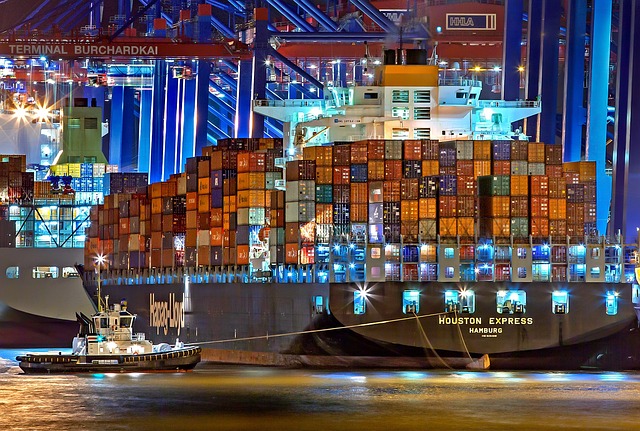
- Geopolitical tensions due to the conflict between Israel and Hamas, along with the Russia-Ukraine war have done considerable harm to shipping routes in the Suez Canal and the Black Sea, according to UNCTAD
- Dwindling water levels in the Panama Canal have caused weekly container ship transits to fall by 67%
- A reshaping of the world’s trade routes may be unavoidable
Geopolitical tensions coupled with the worsening effects of climate change are negatively affecting maritime transport, known as the backbone of global trade and responsible for 80% of the worldwide transport of goods.
Under the former, attacks on ships plying the Suez Canal have impacted shipping routes in the Black Sea, while under the latter, severe drought have disrupted shipping in the Panama Canal.
In its recently released report “Navigating Troubled Waters: The Impact to Global Trade of Disruption of Shipping Routes in the Red Sea, The Black Sea and the Panama Canal”, the United Nations Conference on Trade and Development (UNCTAD) has taken note of what has been described as “unprecedented” challenges to world trade.
The document states how attacks on Red Sea Shipping have “severely affected shipping through the Suez Canal” and have reshaped the world’s trade routes.
While today’s geopolitical tensions are as bad as ever, with some even surmising that World War lll may be in the offing, diplomacy remains a solution. It is the effects of climate change which are, in fact, more serious as the developed countries of the world remain unable to find common ground on how to address the issue which is steadily destroying the planet.
The dire situation in the Panama Canal is as good as any to show just how serious the situation has become.
Linking the Pacific and Atlantic oceans, diminished water levels in the canal have raised concerns on the long-term resilience of worldwide supply chains.
UNCTAD estimates that transits passing through the Suez Canal have gone down by a whopping 42% from its peak years.
The biggest players in the shipping industry have gone so far as to suspend Suez transits, albeit temporarily.
The 67% fall in weekly container ship transits are the worst case thus far, but tanker transits, container carrying capacity, and gas carriers have also shown significant declines.
The partial solution resorted to previously to lessen the negative impact on the climate are no longer feasible.
Previously, the shipping industry adopted reduced speeds to lower fuel costs and address greenhouse gas emissions. But the current disruptions in key trade routes have led to increased speeds to maintain schedules. This, however, leads to higher fuel consumption and greenhouse gas emissions.
For a Singapore-Rotterdam round trip, for example, UNCTAD estimates fuel consumption from longer distances and higher speeds to soar by up to 70%
On the side of geopolitical tensions, meanwhile, oil and grain trade routes have been affected, and this means a vast majority of the inhabitants of the planet are affected in varying degrees.
Most affected are the world’s developing economies, a good number of which can ill afford the heightened prices of much-needed imports.
Costs have soared since November/December of last year.
As the report states, average container shipping spot rates from Shanghai more than doubled since early December (up by 122%), growing more than threefold to Europe (plus 256%), and even above average (plus 162%) to the US West Coast, despite not passing through Suez.
The higher freight rates’ impact will be felt by consumers within the year, says UNCTAD.
The UN body warns that “the crisis could also potentially impact global food prices.”
Developing countries are most vulnerable to the expected shocks and UNCTAD said it remains vigilant in monitoring the evolving situation.
The situation demands “collective efforts for sustainable solutions especially in support of countries more vulnerable to these shocks,” concludes UNCTAD.
READ: UNCTAD raises warning over global trade disruptions








